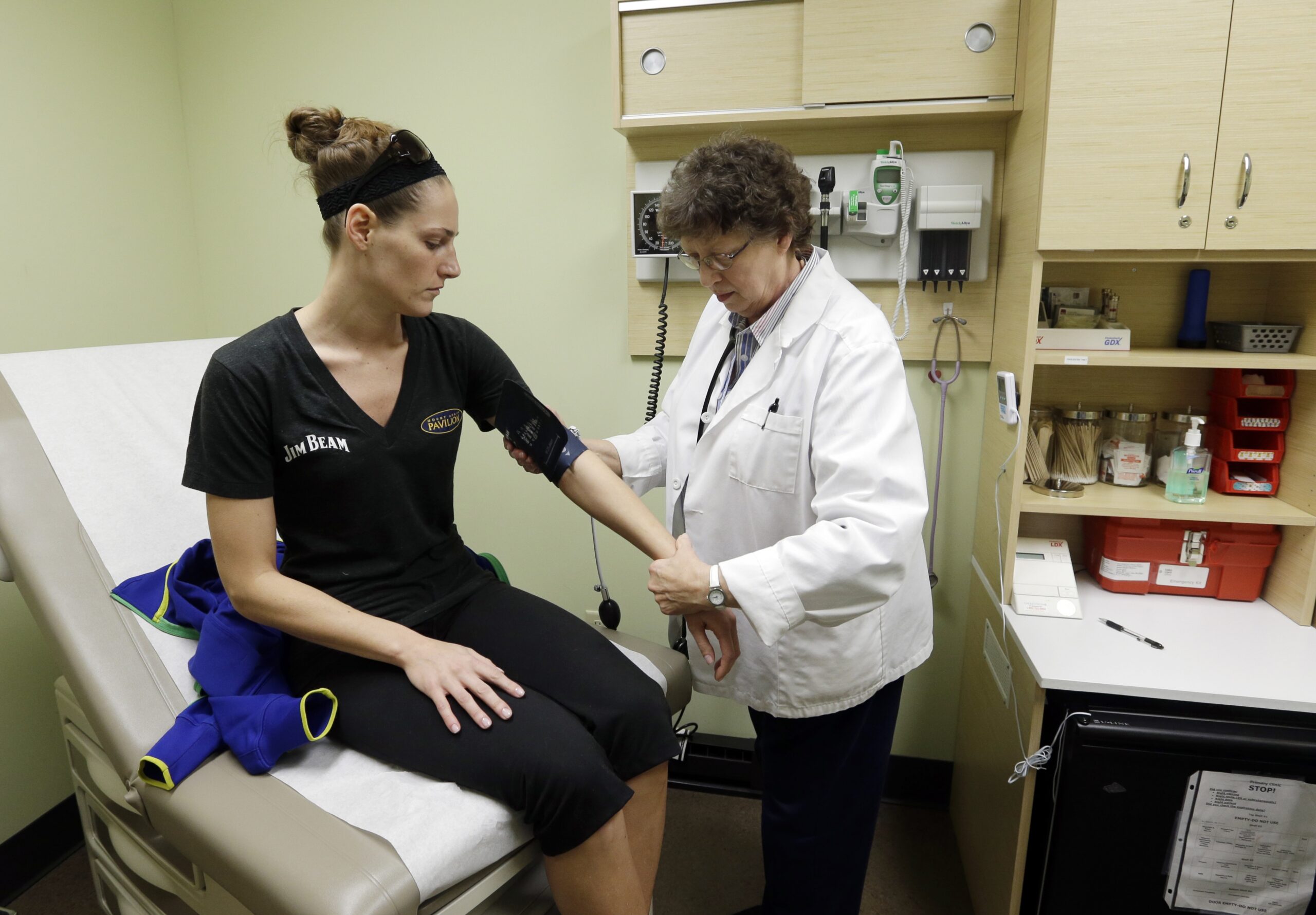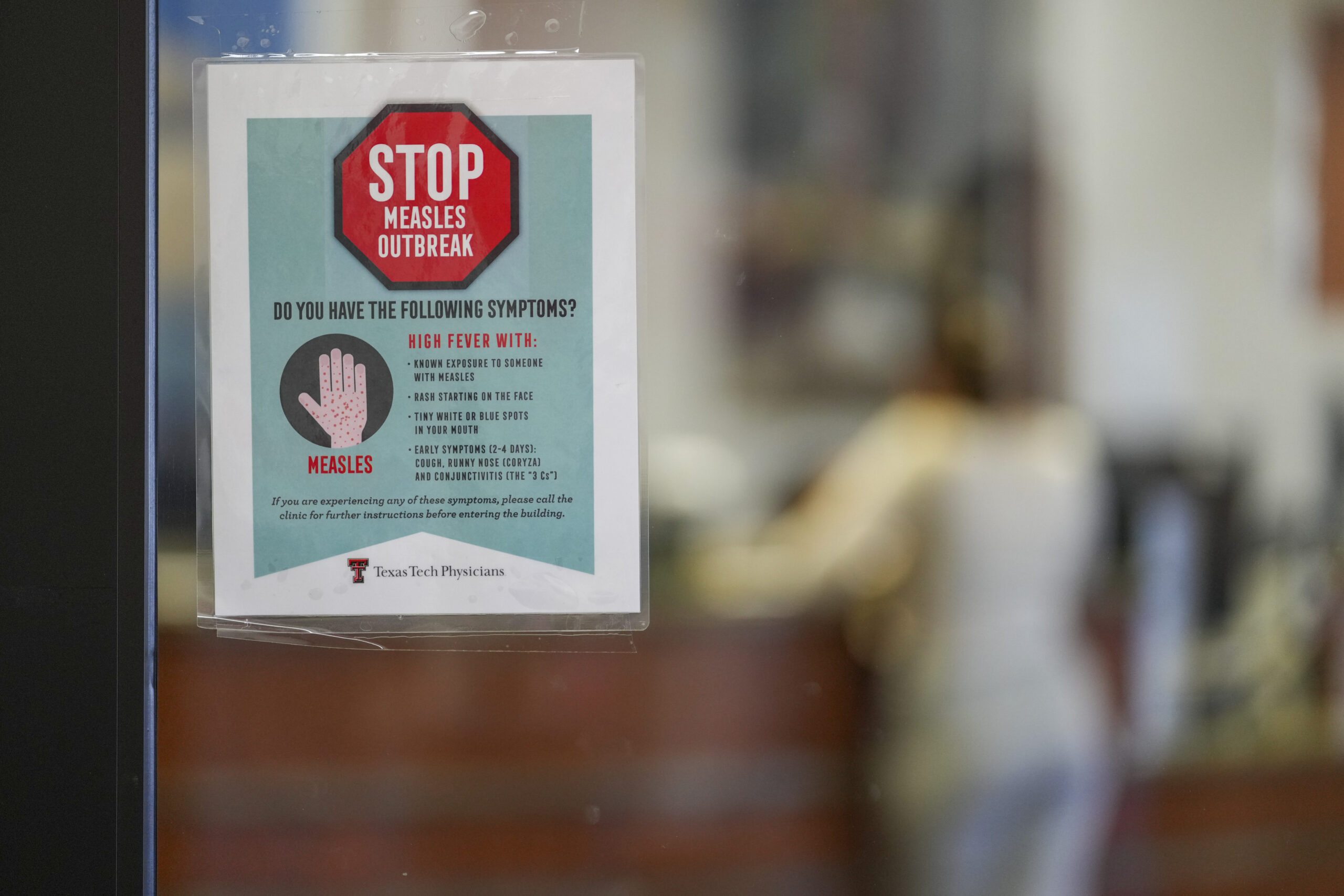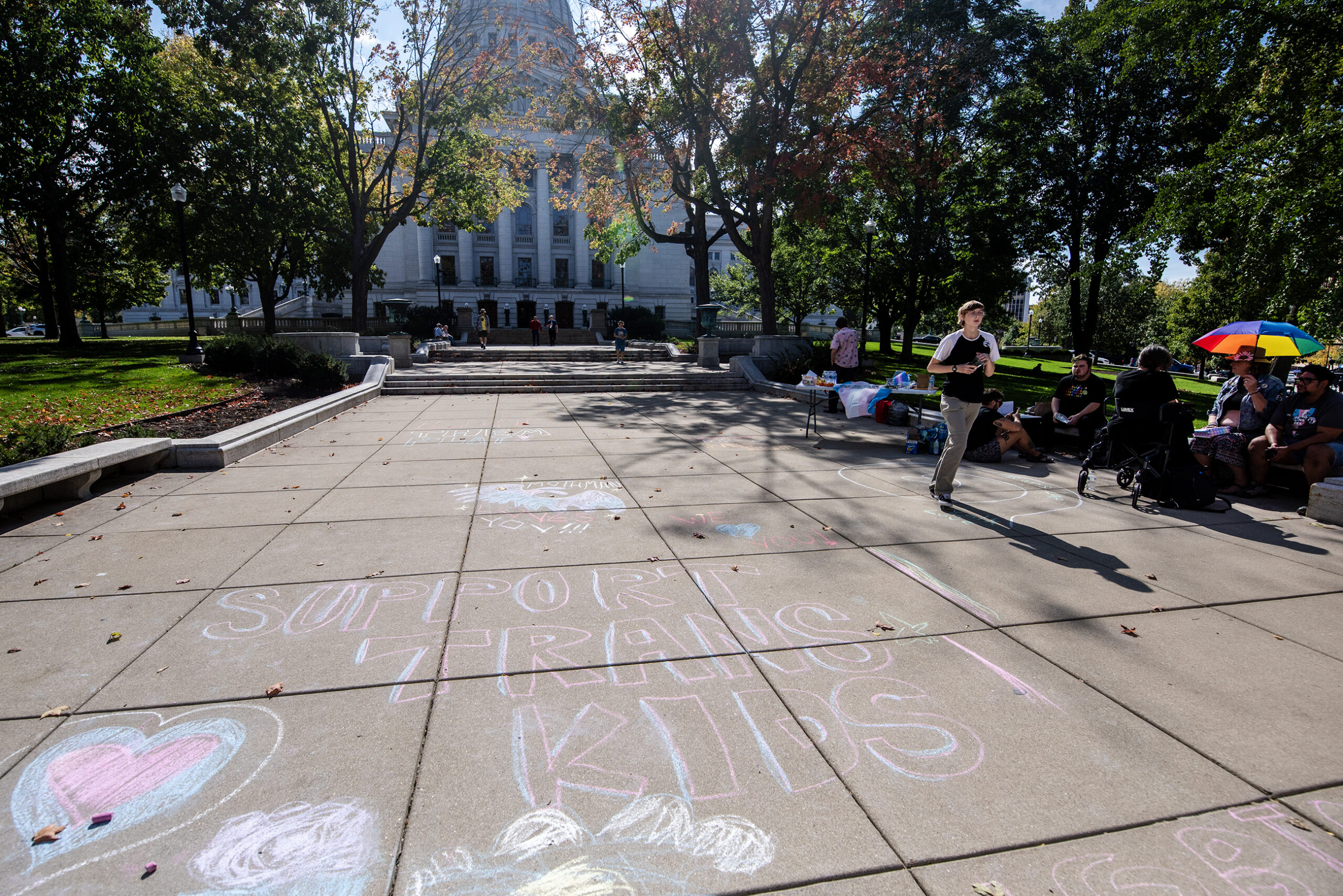The Wisconsin Department of Health Services released a new state health improvement plan Thursday, laying out the agency’s priorities for bettering public health over the next five years.
Paula Tran, state health officer and administrator of DHS’ Division of Public Health, said the plan outlines the way state and local officials are thinking about what shapes the health of Wisconsinites.
“We have always thought, as a nation, that health is only about our individual decisions and our individual abilities to make the right choices,” Tran said during a call with reporters after the plan was released. “What we know from many years of research and evidence is that that’s certainly important, and it is only one piece of the things that we can influence to really improve health outcomes.”
Stay informed on the latest news
Sign up for WPR’s email newsletter.
Tran said the document expands on the work behind DHS’ 2020 State Health Assessment, which identified health barriers and opportunities in communities by gathering feedback from thousands of residents and local groups.
The improvement plan identifies three “foundational shifts,” or principles that are needed to make public health efforts more effective and sustainable. They include embracing more inclusive decision-making, investing in community-based resources and working toward systemic fairness in areas like health care, education, the criminal justice system and employment.
Tran said DHS wanted to increase planning around the root causes of health outcomes rather than focus on specific health metrics.
“If we are to make sustained change at any specific metric, we have to look upstream to those driving forces,” she said. “Otherwise, those changes that we might observe in the short term might not be sustained.”
The plan also identifies five priority areas for bettering the health of residents, from investing in individual- and community-centered health care models to increasing mental health resources and social connection. Individual- and community-centered models would focus on care that’s responsive to a person or community’s cultural and identity-specific needs and preferences.
Tran said mental health needs were a recurring theme in community conversations held for the State Health Assessment. She said mental wellbeing is also being affected by a decline in civic groups, schools and other systems that have historically provided social connection.
“There are many things that have happened over the last decade broadly, but also disinvestment in local communities that we think have contributed to folks having fewer spaces to be connected and feel that deep sense of belonging,” Tran said. “We see this show up in our data in young folks, in aging adults, that increasingly folks are feeling isolated.”
Another priority area is the economic and social conditions that can improve community health. Tran said these factors aren’t always considered a part of public health. But they are the issues that residents continually brought up when asked how they can be healthier.
“Our residents told us that if they don’t have the opportunities to have well-paying jobs, if they don’t have systems that support dependent care, their kids or their aging parents, if they don’t have healthy housing, it makes it very difficult to make those good decisions to be well,” she said.
Tran said it’s up to state and local health officials to respond to that charge and be a part of the decision-making on these issues.
Wisconsin Public Radio, © Copyright 2025, Board of Regents of the University of Wisconsin System and Wisconsin Educational Communications Board.







